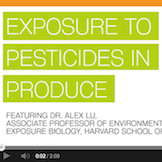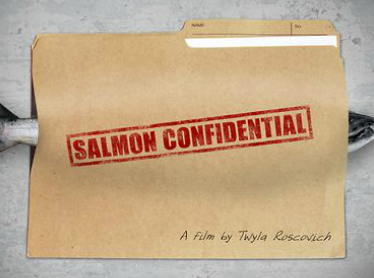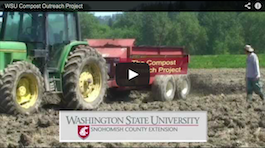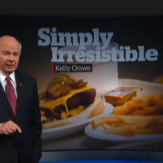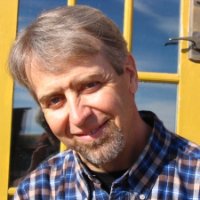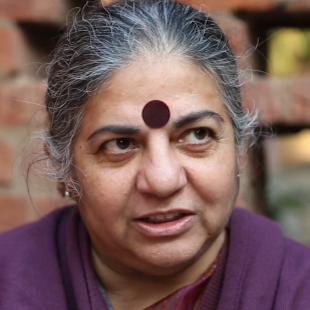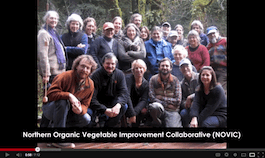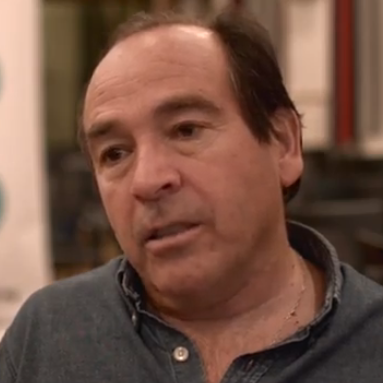Pesticides In Your Diet? Cut It Out!
Dr. Chensheng (Alex) Lu, Associate Professor of Environmental Exposure Biology at the Harvard School of Public Health, explains why reducing pesticides in your diet is critical to reducing the toxic effects of pesticide exposure for you and your family.

